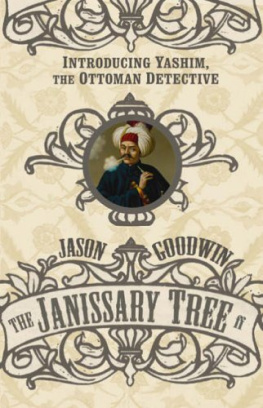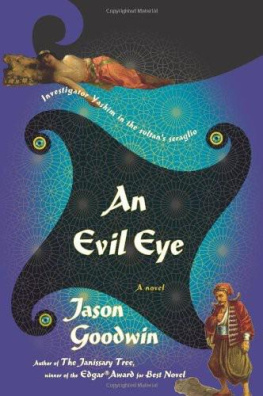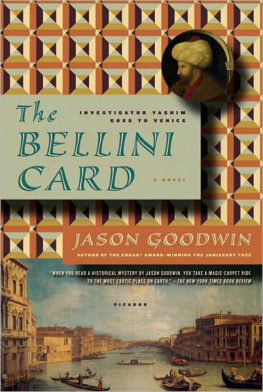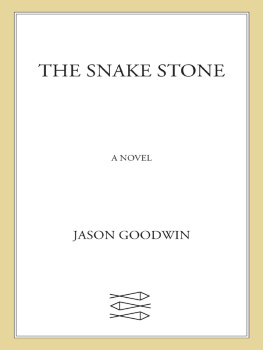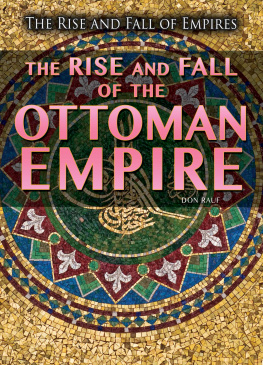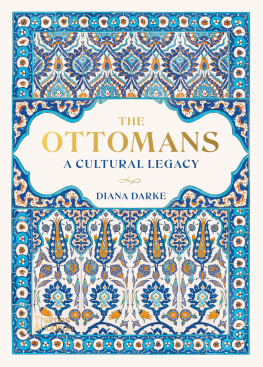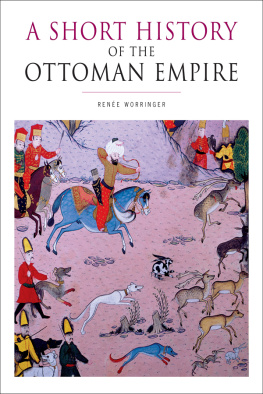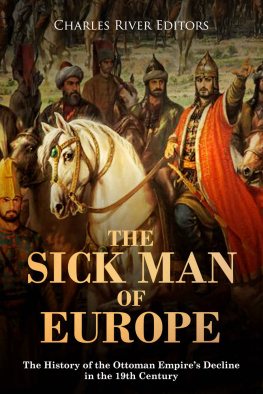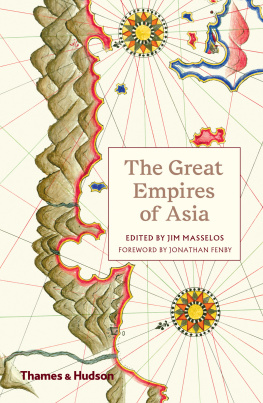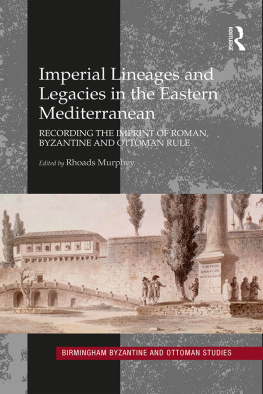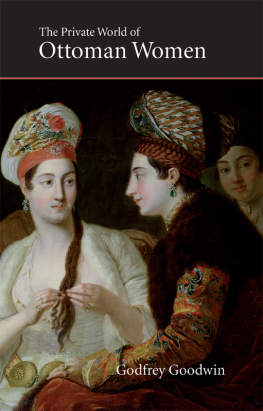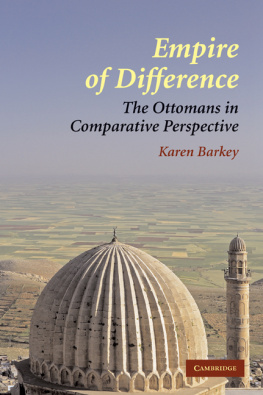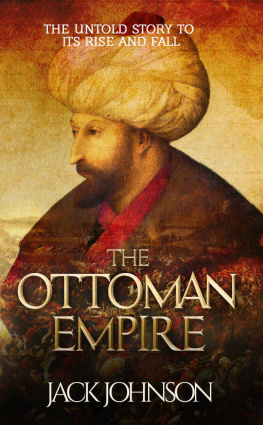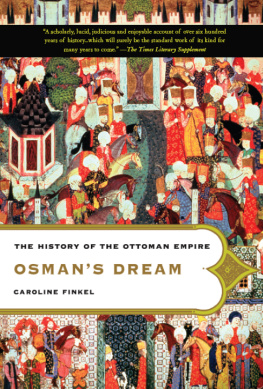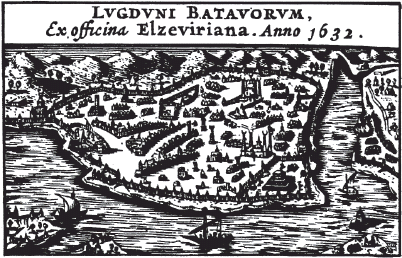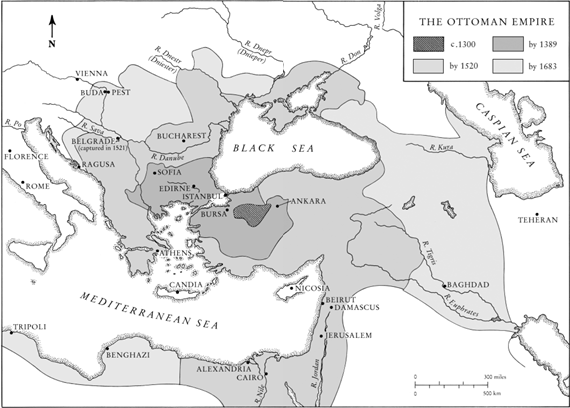LORDS OF THE HORIZONS
Jason Goodwin is an award-winning travel writer and historian. His first book, The Gunpowder Gardens: Travels through India and China in Search of Tea, was shortlisted for the Thomas Cook Travel Book Awards, 1991, and his second, On Foot to the Golden Horn: A Walk to Istanbul, was the winner of the John Llewellyn Rhys Prize, 1993. He is the author of the internationally acclaimed detective series set in 1840s Istanbul and featuring Yashim the Eunuch. He lives in Dorset with his wife and four children.
ALSO BY JASON GOODWIN
Fiction
The Janissary Tree
The Snake Stone
The Bellini Card
An Evil Eye
Non-fiction
The Gunpowder Gardens: Travels through India and China in Search of Tea
On Foot to the Golden Horn: A Walk to Istanbul
JASON GOODWIN
Lords of the Horizons
A History of the Ottoman Empire
VINTAGE BOOKS
London
This eBook is copyright material and must not be copied, reproduced, transferred, distributed, leased, licensed or publicly performed or used in any way except as specifically permitted in writing by the publishers, as allowed under the terms and conditions under which it was purchased or as strictly permitted by applicable copyright law. Any unauthorised distribution or use of this text may be a direct infringement of the authors and publishers rights and those responsible may be liable in law accordingly.
Version 1.0
Epub ISBN 9781446420157
www.randomhouse.co.uk
Published by Vintage 1999
16 18 20 19 17 15
Copyright Jason Goodwin 1998
Jason Goodwin has asserted his right under the Copyright, Designs and Patents Act 1988 to be identified as the author of this work
This book is sold subject to the condition that it shall not, by way of trade or otherwise, be lent, resold, hired out, or otherwise circulated without the publishers prior consent in any form of binding or cover other than that in which it is published and without a similar condition, including this condition, being imposed on the subsequent purchaser
First published in Great Britain by Chatto & Windus 1998
Vintage
Random House, 20 Vauxhall Bridge Road,
London SW1V 2SA
www.vintage-books.co.uk
Addresses for companies within The Random House Group Limited can be found at: www.randomhouse.co.uk/offices.htm
The Random House Group Limited Reg. No. 954009
A CIP catalogue record for this book is available from the British Library
ISBN 9780099994008
Contents
These songs will not be to everyones taste, for there is little variation among them, all of them containing the same words, such as: hero, knight, horseman, galley slave, serpent, dragon, wolf, lion, falcon, eagle, falcons nest and sword, sabres, lances, Kraljevic, Kobilic, Zdrinovic, necklets, medallions, decrees, heads chopped off, slaves carried away, etc. May those who find them pleasing sing them; may those who do not, go off to sleep.
Andrija Kacic-Miosic,
The Pleasant Conversation
of the Slavic People,
Venice, 1756
Introduction
In the Spring of 1990, when the politics of eastern Europe and the certainties of Soviet communism were overthrown, I made my first journey to Istanbul, on foot. We walked twenty miles or so a day, and at night we bedded down in friendly farmers hay-barns, or under feathered quilts.
From the Baltic we tramped to the faded drumbeat of recessive empires, German or Russian, that had scoured the country like opposing tides. The Habsburgs cast long shadows, too: those little kings of Vienna as the Ottoman sultan Sleyman once styled them.
In Eger, a town in Hungary above the Alfold, or Desolate Plain, on which Ottoman and Habsburg armies clashed so frequently and inconclusively in the 17th century, we saw a lonely minaret rising above a dusty town square. Long ago this was the northern most minaret in Europe. Shorn of its mosque, it marked the high-tide mark of Ottoman conquest, in this small city of vegetable plots and cool, dark cellars in which the people of Eger liked to store their wine.
From Eger, crossing the flat plains of eastern Hungary, into the hills of Transylvania, and over the rampart of the Carpathian mountains, we found ourselves moving to a different beat. The rhythms of music changed; tea became coffee, black and oily; the Calvinist and Catholic churches of the Hungarians which sheltered us for many weeks were interlaced with the rounded mushroom outcroppings of the Orthodox, their icons and their painted walls. Perhaps the gypsies did it best, with their coloured prints and skirts and arrhythmic clapping and sudden improvisations; or the semi-nomads we encountered on the mountain ranges, in rain-capes of fantastic design; or the sudden proliferation of hats hats tall, round, brimless, dented, felt. Or was it in Romania and Bulgaria an impulse to trade, to conceal, to engage?
I think we caught Europe at a moment of clarity, and what we saw was a world that slanted towards Istanbul.
This book was triggered by that experience.
The pages which follow are broadly but not wholly chronological. Ive woven narratives on the seizure of Constantinople, say, or the career of Sleyman the Magnificent, or the assault on Vienna in 1683 between chapters that focus on significant aspects of the empires administration. How did the Ottomans fight? How did they go to sea? What were the rhythms of life within the Empire, the bass notes of an imperial settlement that reached from the Pyramids to the steppe? Elsewhere Ive tried to picture the empire at different epochs in its long history, drawing on a mass of contemporary observation and anecdote.
Prologue
At the back of the Bayezit Mosque in Istanbul, close to the walls of the Great Bazaar, stand the ruins of an old Byzantine chapel. Beneath its vaulted roof is a tumbledown caf. Horn lanterns hanging from the wall cast a dim light on the clientele, while the open door affords a glimpse beyond the gigantic cypress which grows in the courtyard of the Bayezit Mosque, past the porphyry columns into the sanctuary of the mosque itself, where the faithful kneel in prayer.
In the caf a little orchestra flute, two drums, a viola and a triangle is playing in one corner; a backlit sheet is stretched across another. Armchairs are taken by several elderly pashas, some in uniform, some in Stamboulines and fezzes, all of them supporting armfuls of grandchildren. Behind them sit a handful of solemn old men in turbans, smoking pipes; a clutch of Greek and Armenian women, swathed to invisibility in black shawls; and a couple of Cooks tourists, in tweeds, hoping for an insight.
For in a moment Karagoz and Hacivat will skitter across the sheet, heroes of the shadow play, the Pantaloon and Harlequin of the Ottoman stage: jointed silhouettes, cut from dried camel leather, painted up and oiled for translucency. The original Karagoz, hunchbacked and foul-mouthed, and his straight man, Hacivat, are supposed to have developed their knockabout routines on a building site in 1396, where their antics proved so irresistible that work on Sultan Bayezits Great Mosque in Bursa ground to a halt, and the Sultan had them put to death. Others say Constantinople (Istanbul) always had its Karagoz and Hacivat, even in the days of the Roman emperors. Some think that the pair of them are offshoots of an ancient wisdom, dressed in a corrupted version of the licensed finery of the Sufi and the shaman and the bard.
Next page

